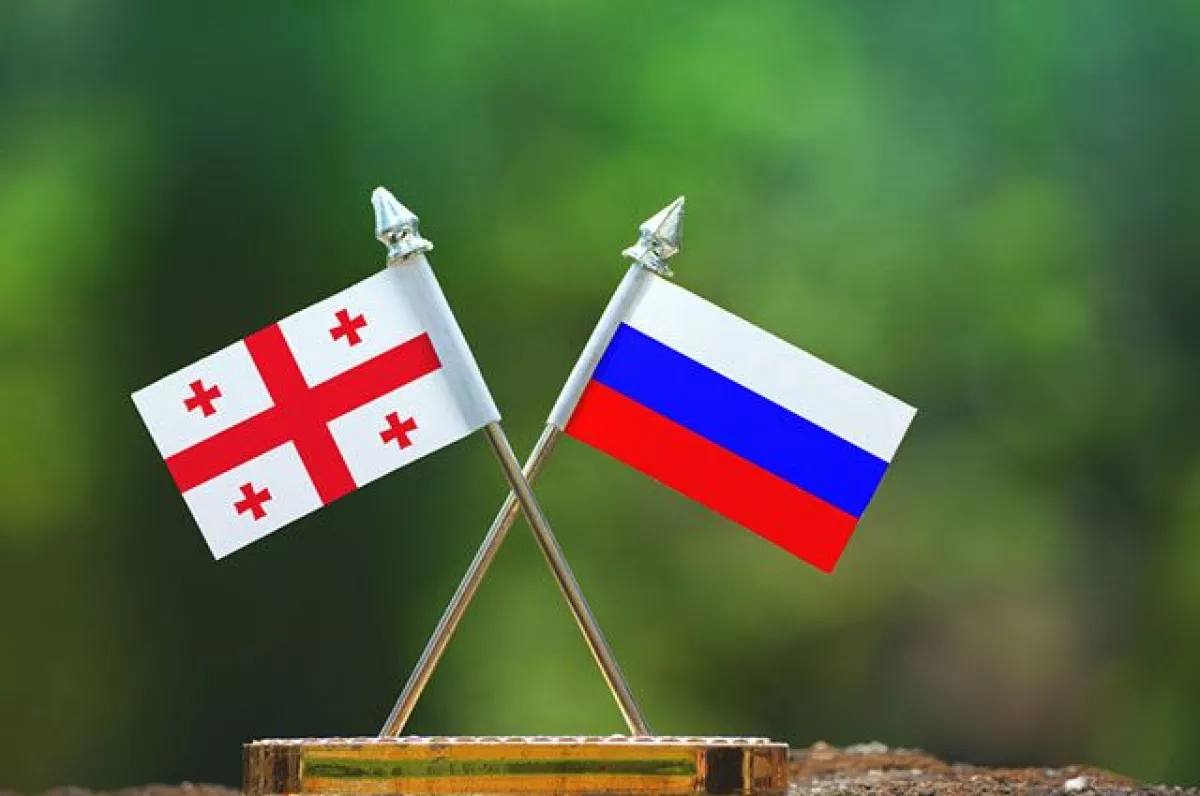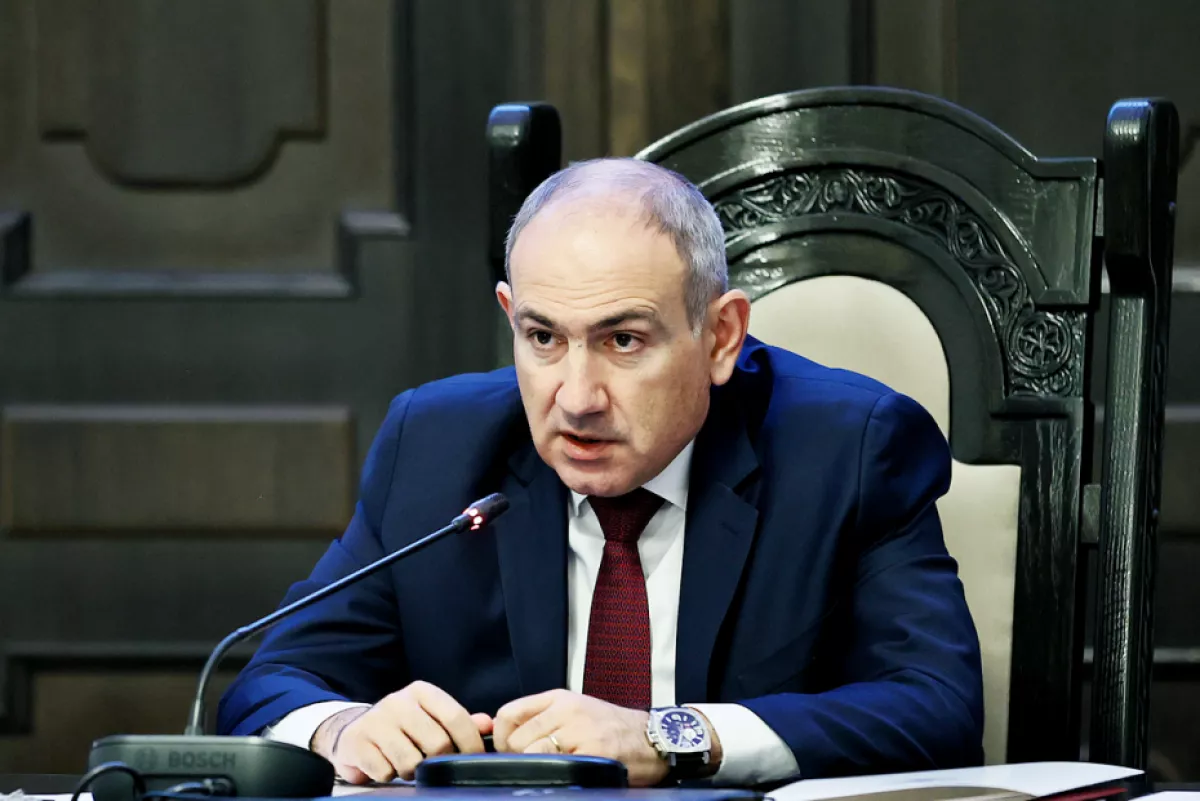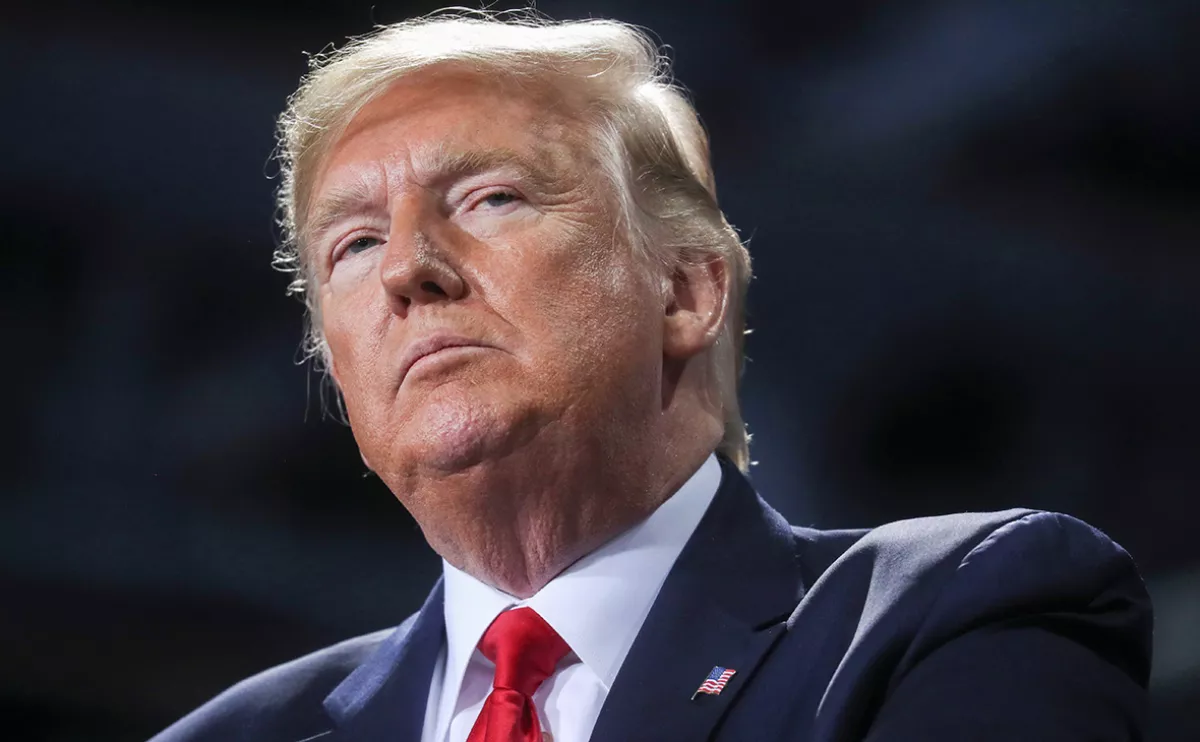Desecration of peace DW on the South Caucasus: subtext without context
Recently, the German state broadcaster Deutsche Welle (DW) decided to share its “valuable” perspective on the situation in the South Caucasus. This was done in the form of a documentary titled “Armenia, Azerbaijan, Georgia: Protests, Conflicts, Wars, and the Hopes of the Young.” Even the title itself reeks of falseness and manipulation. When the authors include children or youth in the headline, it usually signals a hidden agenda.
The first and one of the main pitfalls for viewers comes with the film’s author and presenter — the young Georgian journalist Mariam Japaridze. One of the very first statements reveals her limited understanding of political realities: “In 2008, Russian helicopters flew over our village home in Chiatura. Since then, Russia has occupied South Ossetia and Abkhazia, a fifth of Georgia’s territory,” says Japaridze. However, if one were to describe the Georgian–Abkhaz and Georgian–Ossetian conflicts in terms of Russian occupation, it actually occurred much earlier — in the early 1990s, when Tbilisi lost de facto control over both autonomous regions.

The entire subsequent narrative is a mix of inaccuracies, mistakes, and, most often, deliberate distortions and other manipulative tricks. Here is another opening line that illustrates this approach: “If you want peace, you must be ready to fight for it. For now, we have an enemy called Russia, and it holds our future in its hands.” The manipulative nature of this statement is not tied to the characterisation of relations between Georgia and Russia, but rather to the fact that this thesis is extrapolated to Georgia’s ruling party and the pressure campaign that Brussels has launched against it.
The viewer is then shown members of a youth music scene playing trendy music in clubs — soft, plushy characters like teddy bears and bunnies, whose freedom is supposedly being blocked by the “evil adult uncles” from Georgian Dream.
After watching the Georgian segment of the film, it becomes clear that it brazenly propagates the self-serving interests of certain EU forces, disguising them as concern for the future of young generations.

Next comes a segment dedicated to Armenia. Although Armenian Prime Minister Nikol Pashinyan is considered by some European capitals as a renegade and a “traitor” who “concedes” to Baku, he is still fighting the pro-Russian opposition. It could therefore be predicted that Mariam would not raise her thin self-righteous voice against him, and that Azerbaijan would instead be cast as the bogeyman of broader European ideals. The film, unsurprisingly, focuses on the fears of Armenian youth in the face of the “Azerbaijani threat.” However, what the German-Georgian journalists presented went far beyond expectations.
The protagonist of the Armenian segment is a twenty-seven-year-old female lawyer from Yerevan, who not only shares her fears of Azerbaijan with the “objective” German audience but also attends courses run by the terrorist organisation VOMA after work. A significant portion of the report dwells on the activities of this group, which openly aims to conduct subversive operations on Azerbaijani territory. “VOMA is a patriotic military organisation that trains Armenians for combat,” declares the Georgian journalist to the world, while the Armenian lawyer crawls on the floor, portraying a wounded Armenian soldier attacked by “Turks” but refusing to surrender.
“Will Armenians ever be able to believe in peace again?”—asks the lawyer-terrorist in between physical exercises, answering: “Well, if the other side continues to ignore ceasefire agreements and shows indifference to our demands and signed accords, if the opponent fires on the border and repeatedly takes actions that violate our rights… Then we, Armenians, cannot believe in peace.”
As this quote shows, the material presented by the Georgian journalist is saturated with falsehoods and entirely lacks context—there is no mention of the occupation of Azerbaijani territory for over two and a half decades, the expulsion of hundreds of thousands of Azerbaijanis from Karabakh, the destruction of infrastructure and historical and cultural monuments, or the just nature of Azerbaijan’s military operations.
On the contrary, the report is full of malicious insinuations, portraying the Armenian side as the victim of the conflict: “During Soviet times, it was an autonomous region within Azerbaijan, but its population was mostly Armenian. After 1991, they sought independence but never achieved it”; “In 2023, Azerbaijani forces struck Karabakh, and all the Armenian population fled. That’s 100,000 people”; “Neither Armenian soldiers nor Armenians expelled from Nagorno-Karabakh are mentioned (in the Washington Declaration — Ed.). So far, the deal is only a preliminary declaration.”
Through the words of the Armenian protagonist, the filmmakers accuse Baku of undermining the dialogue process:
“In Armenia, many do not trust this peace. Honestly, peace with Azerbaijan seems impossible to me because of Azerbaijan’s behaviour.”
This is clearly a fabrication and, overall, a contradiction. DW itself, albeit rather ironically, later reports on progress in the peace process. Accusing Baku of undermining dialogue at the very moment when the talks were at their peak is highly provocative.

DW, along with the European forces behind it, continues to fuel hysteria about the so-called Azerbaijani threat to Armenia. Previously, this was presented under the guise of a “potential” Azerbaijani attack on Zangezur. Now, after Donald Trump personally took responsibility for the operation of the Armenian section of the Zangezur corridor, they no longer even bother to find the slightest pretext to justify their accusations against Baku.
Moreover, the structure of the material is completely asymmetrical. In the Armenian segment, the focus is exclusively on Armenia-Azerbaijan relations, whereas in the “Azerbaijani” block, viewers are introduced to the story of an opposition activist living in exile (see below).
When this entire array of falsehoods is accompanied by enthusiastic commentary in support of an Armenian terrorist organisation, it becomes clear that the German state channel is not only acting against peace in the South Caucasus but is also openly endorsing terrorism.
And finally, as mentioned above, while working on the Azerbaijani segment, the young Georgian author somehow did not travel to Baku, but to Istanbul, where she gave the floor to a political activist residing there. Just one of this woman’s complaints is enough to show that her criticism is entirely baseless and borders on a pathological state. Here it is: the Azerbaijani activist living in Turkey is unhappy that Azerbaijanis celebrated their victory over Armenia. “The victory of Azerbaijan was celebrated at many public events. A Military Trophy Park was opened in Baku. There were parades and many speeches saying ‘we won’,” says the segment’s protagonist with the arrogant smirk of a citizen of the universe.
What can be said? This is an utterly idiotic pose — both by the author and by DW, which gleefully broadcasts it — implying that modern military actions should appear as some kind of atavism or sign of savagery. It is especially comical in the context of Germany, where, from every possible platform, including DW, they decry the Russian threat and insist on rearming — in other words, reviving the so-called Prussian military spirit.
To list all the odious moments in this film, one article would not suffice—and that is not even our goal. The review presented above already allows any concerned and thoughtful viewer to fairly assess the work of the German channel. It is worth adding that throughout the segment, the screen is filled with sentimental declarations about peace, freedom, and democracy, interspersed with shots of the author herself strolling meditatively through the streets, seemingly in search of the “secret of democracy.”
The author’s childish babbling is interwoven both with blatant manipulative falsehoods and with occasional shocking revelations about the essence of European foreign policy. The result is a product that is as inept, absurd, and dull as it is cruel and shameless—a disgusting, nauseating mixture of infantilism and cynicism. It feels as if one were suddenly confronted with a pedophile leading a child by the hand.
That’s how it is, Deutsche Welle… that’s how it is.








